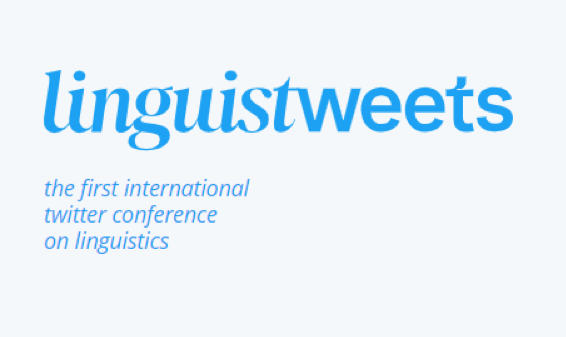A Computational Linguist with HOPE

In late February 2020, I found myself sitting at a table in the Interacting Minds Center with a diverse group of Aarhus University researchers discussing how to research the social and behavioural aspects of the emerging Covid-19 epidemic. The expertise of the other researchers spanned media and information studies, anthropology and ethnography, religious studies, political science, and computer science. I represented linguistics. At the time, Covid-19 had not (to our knowledge) reached Denmark, and it was still at least a week before the WHO would officially designate it a global pandemic. We suspected that this virus might have significant consequences for our lives, but we could never have imagined how much and how quickly.
Just weeks later, … ↪







